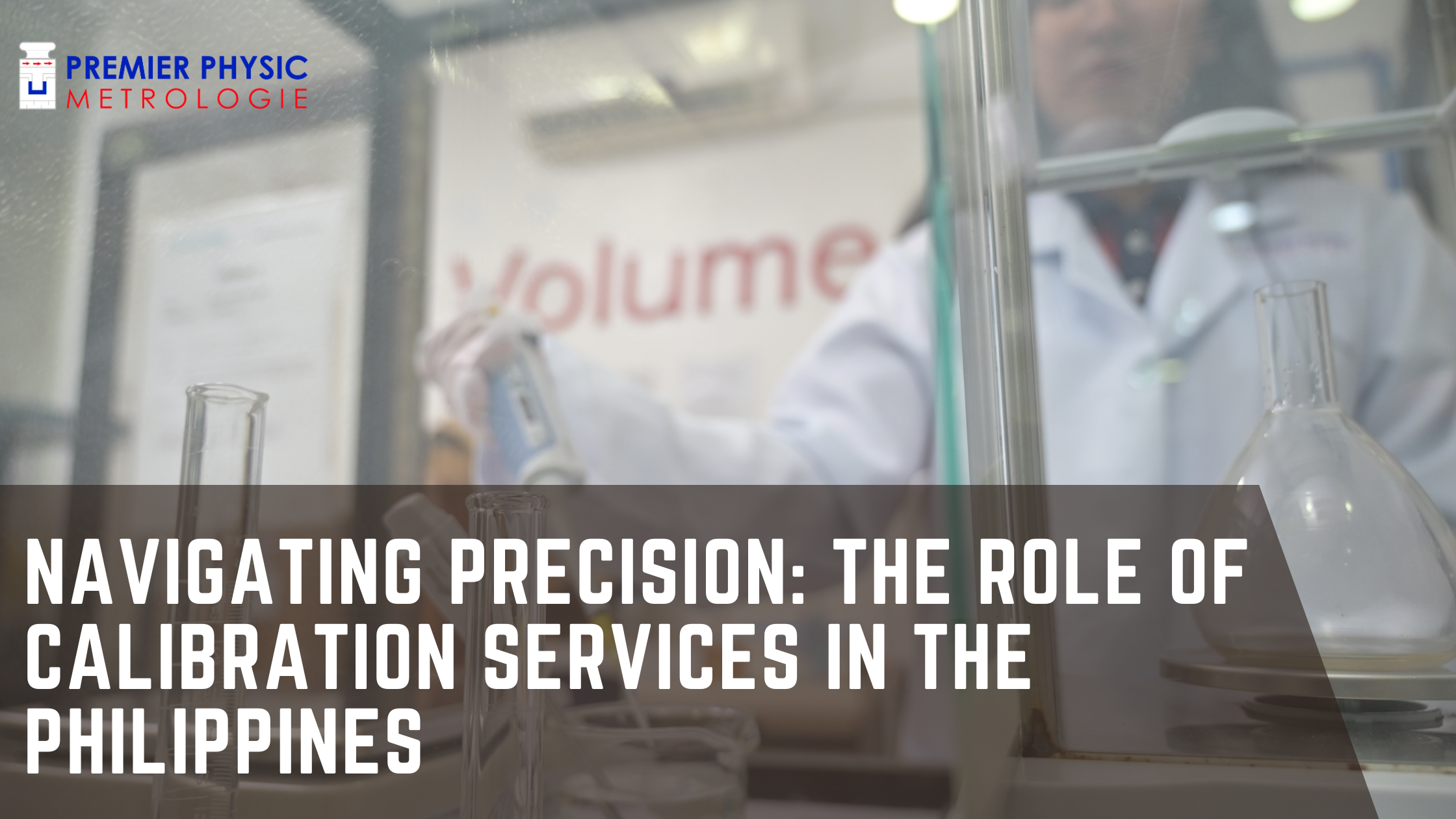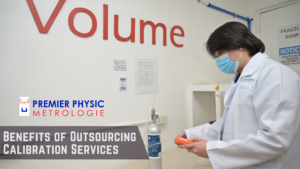In the ever-evolving landscape of technology and industry, precision is not just a desirable trait – it’s a necessity. This is where calibration services step onto the stage, particularly in the dynamic context of the Philippines. From manufacturing hubs to scientific research, the significance of calibration services in the Philippines cannot be understated.
Ensuring Reliability and Accuracy
Calibration services in the Philippines are the unsung heroes that ensure the reliability and accuracy of measurement instruments. Whether it’s a pressure gauge in a manufacturing facility, a thermometer in a medical laboratory, or a sophisticated electronic sensor in a research institute, these instruments play a pivotal role in decision-making and quality control. Calibration services validate their accuracy, offering a safety net against erroneous measurements that could lead to costly errors or even potential hazards.
The Pursuit of Precision
In the Philippines, calibration services pursue a relentless path toward precision. With ever-advancing technology and increased demand for quality, calibration labs adhere to internationally recognized standards, such as ISO 17025. This certification signifies that they meet stringent quality control criteria, providing customers with the assurance that their measurements are grounded in accuracy.
Versatility Across Industries
Calibration services are not limited to a single industry; their impact is widespread. Industries ranging from manufacturing and pharmaceuticals to energy and electronics rely on calibrated instruments for their day-to-day operations. A manufacturing plant needs precise measurements to maintain product quality, a healthcare facility requires accurate diagnostics, and research laboratories demand meticulous measurements to advance scientific understanding. Calibration services cater to these diverse needs, contributing to the overall growth and stability of the nation’s industries.
The Traceability Factor
One of the cornerstones of calibration is traceability. Accredited calibration labs in the Philippines trace their measurements back to internationally recognized standards. This traceable chain of measurements not only ensures the accuracy of the instruments but also establishes their credibility. Whether you’re measuring pressure, temperature, or electrical parameters, the traceability factor adds a layer of confidence to your measurements.
On-Site vs. In-Lab Calibration
Calibration services in the Philippines offer flexibility to accommodate varying needs. For businesses with critical operations, on-site calibration is a boon. Experienced professionals bring their expertise to your doorstep, ensuring minimal disruption to your operations. On the other hand, in-lab calibration involves sending instruments to accredited facilities. While this might momentarily separate you from your equipment, the meticulous testing and calibrations performed in controlled environments guarantee high accuracy.
Driving Informed Decision-Making
Calibration isn’t just about numbers; it’s about informed decision-making. Accurate measurements empower industries and businesses to make data-driven choices. From optimizing production processes to ensuring compliance with regulations, calibration services lay the foundation for strategic moves that define success.
In conclusion, calibration services are the unsung champions of precision in the Philippines. They bridge the gap between measurement and accuracy, ensuring that industries operate smoothly and effectively. From the pursuit of ISO standards to the versatility they offer across sectors, calibration services deserve a spotlight for their role in the nation’s growth. In a world where precision matters, calibration services in the Philippines are at the forefront, navigating the path toward excellence.




